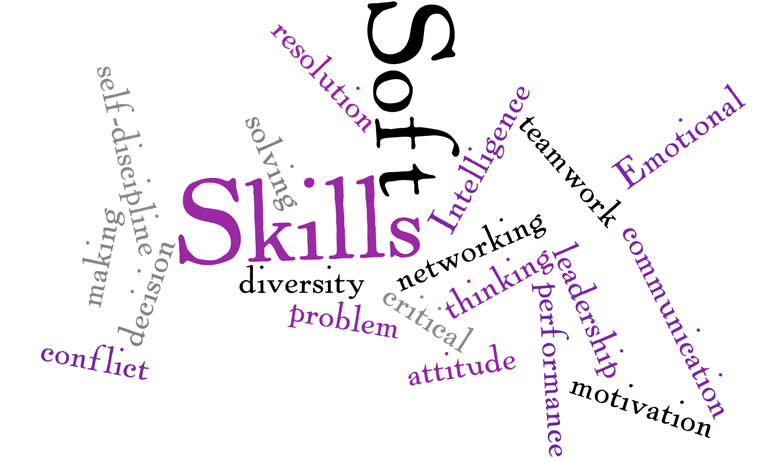 New research from leading job board, CV-Library, reveals the key skills that employers are favouring right now
New research from leading job board, CV-Library, reveals the key skills that employers are favouring right nowRecent research carried out by the Open University revealed skills shortages are costing British businesses over £2billion every year in the form of increased salaries, recruitment costs and temporary staff.
The vast majority of firms have struggled to find workers with the skills they require for their roles, which suggests three key issues. Firstly, with unemployment falling and much uncertainty surrounding Brexit, people are reluctant to leave stable roles, even if they are overqualified.
Secondly, there needs to be more of an investment in the harnessing of talent throughout a person’s education and career.
Finally however, it suggests jobseekers are not selling themselves and showing off their skill sets in their applications or are simply missing out on job advertisements altogether.
Typically, we are modest and don’t like to go on about our talents, however there is definitely a time and a place: your CV is one of these!
What do employers look for in your CV?
The experts at DYWAJ – Do You Want A Job? know all about what employers are looking for in a CV, as their online service allows businesses to find specific skill sets from hundreds of thousands of CVs!
Here are their top tips:
1. Presentation is key
The first thing you notice when you look at a CV is its layout. A logical order, good formatting and appropriate length are all essential to ensure your CV isn’t instantly disregarded, without a second look at your skill sets.
The majority of recruiters say that two pages is the ideal length for a CV. In terms of order, adapt this to whichever role you are applying for: if you’re going for a grad job, put your educational achievements first, if you’re applying for a job where specific experience is required, put this at the top of your CV. In summary, don’t leave your presentation and formatting as an afterthought!
2. Check spelling and grammar
With the competitive nature of the current job market, there is no room for silly errors on your CV. Even if you have all of the skills they are looking for, spelling mistakes and grammatical errors will prove an instant turn-off for a potential employer. Ensure you ask someone to proofread your CV and don’t rely on spellcheck.
3. Make it tailored
One of the most important parts of your CV is to ensure it is tailored to the specific job post you are applying for. Too much irrelevant information about previous jobs and unfocused, wordy ramblings make it difficult for an employer to see where your skills actually lie.
Ensure you only put relevant experience and adapt all of the wording to the specific role you are applying for. Use a short personal statement to tie together all of your abilities, achievements and career motivations.
4. Focus on achievements
Show the value you can offer to the company and backup all of your claims with clear examples. It’s vital that, as well as showing technical ability and relevant experience, you also demonstrate “soft skills” such as communication, leadership and problem solving.
However, don’t waste valuable space on your CV with generic statements such as “I’m a good team player”, instead write about an example of when you demonstrated this. At a time when employers are actively seeking skilled workers, make sure you are highlighting your experience and selling yourself so that you don’t fall under the radar!
Recruiters love this COMPLETE set of Accredited Recruitment & HR Training – View Training Brochure








